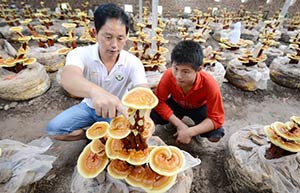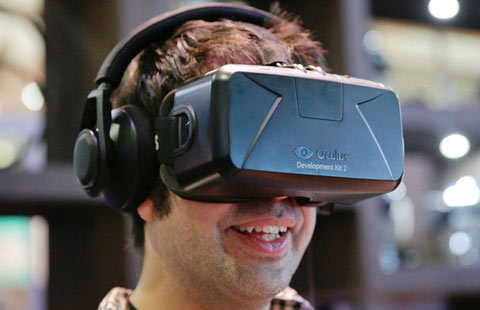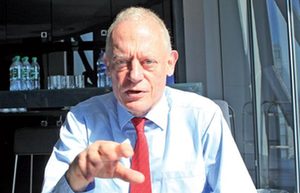Property weakness overhangs recovery
By Zheng Yangpeng (China Daily) Updated: 2014-06-14 07:25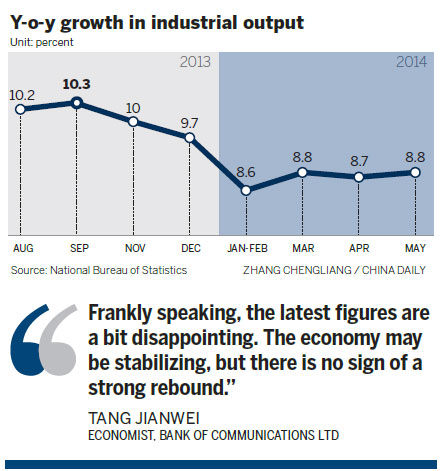
"This is the result of a number of measures adopted by the central government since April and the acceleration of fiscal spending," said Tang.
The State Council, China's cabinet, announced growth boosting measures in early April that included faster construction of railway projects and public housing. Meanwhile, in March, the Finance Ministry ordered local governments to accelerate their fiscal spending.
 |
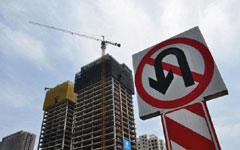 |
"Frankly speaking, the latest figures are a bit disappointing. The economy may be stabilizing, but there is no sign of a strong rebound," Tang said, adding that faster retail sales growth was actually boosted by higher consumer inflation.
Real growth in retail sales in May was 0.2 percentage point less than in April.
Zhang Zhiwei, chief China economist at Nomura Holdings Inc. agreed. He said that China's policy easing has "become significant" from a macro perspective," but further easing measures are likely in the next few months that will lead economic growth to "rebound slightly" to 7.5 percent in the third quarter from an estimated 7.4 percent in the second quarter.
The top leaders have indicated that they are more serious about the 7.5 percent growth target, as Premier Li Keqiang said on Tuesday that the government will intensify fine-tuning and focus on making "targeted changes" in policy.
He announced on Thursday that the government will boost public investment in transport infrastructure in the Yangtze River basin and lower some utility companies' taxes.
Tang said the "targeted easing" is needed but cautioned that an all out stimulus package is unnecessary as the country is pursuing reform.
- Ghana's central bank to encourage use of Chinese yuan
- NE China city eases home buying restrictions
- Chang'an recalls 37,861 vehicles in China
- China introduces ratings on local govt bonds
- China's power consumption rises 5.2% in Jan-May
- China Eastern to buy 80 Boeing jets
- Lingyun reaps rewards from German acquisition
- Realty data shares hit rough patch amid sales downturn



